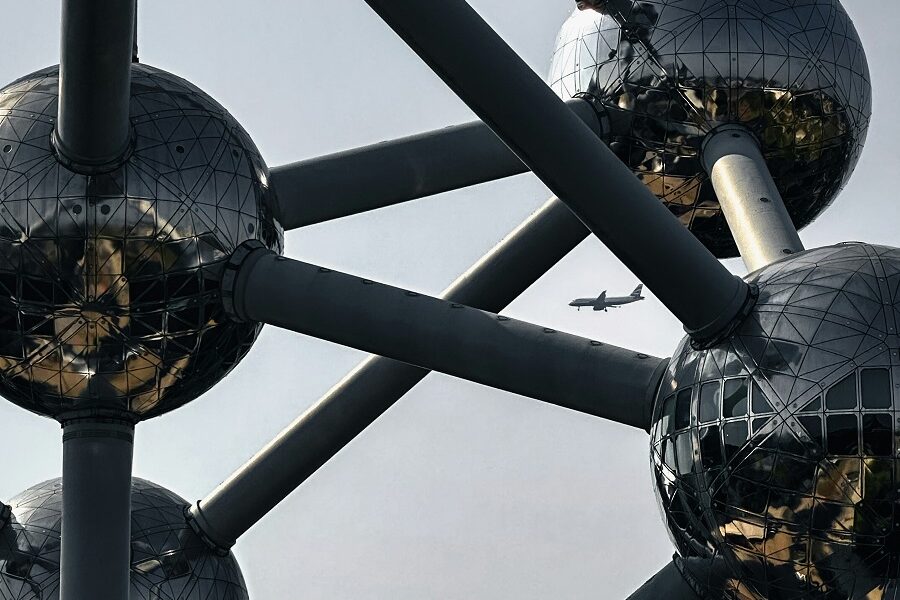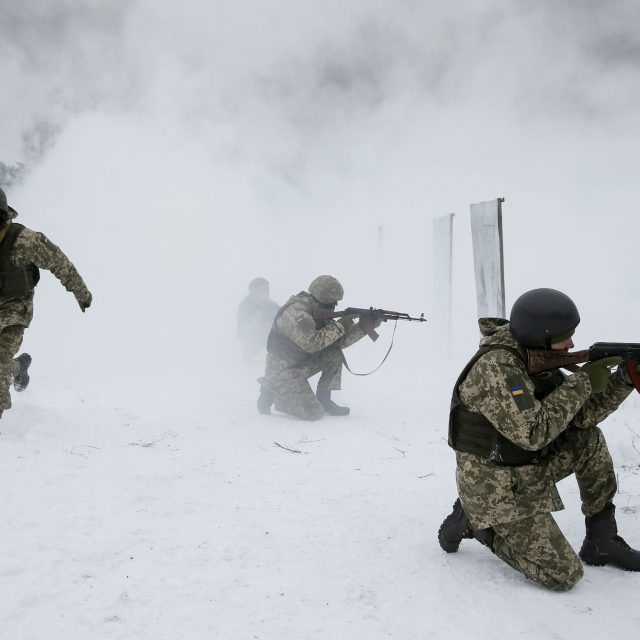Photo by Ahmet Yüksek on Unsplash
To successfully counter Russia’s imperial ambitions, Europe will need the same security guarantees that the United States currently provides.
Friedrich Merz, the newly elected Chancellor of Germany, has stated that his top priority will be to rapidly strengthen Europe to achieve real independence from the United States. French President Emmanuel Macron has echoed Merz’s sentiments, emphasising that Europe must strive for strategic autonomy. UK Prime Minister Keir Starmer has urged the EU to develop a comprehensive security plan to deter Russia, stressing that without such mechanisms, Ukraine will remain vulnerable to future attacks from Moscow. NATO Secretary General Mark Rutte has assured that the Alliance’s response would be devastating in the event of an attack on Poland or any NATO member. Polish Prime Minister Donald Tusk underscored the importance of preparing NATO for a range of potential scenarios.
The prevailing view among European and NATO leaders regarding the necessity of developing an independent security system, with Ukraine as part of it, is based on the expectation that the U.S. may scale back its allied commitments, as well as a shared assessment of the growing threat posed by Moscow. Russia continues to invest heavily in its military sector, preparing to expand its aggression against other nations.
The leading EU states are planning a long-term security initiative that will span generations. The project is expected to cost hundreds of billions of euros and will require significant sacrifices from Europeans, who have long benefited from a stable alliance with a democratic America. This initiative has become an undeniable priority in the current geopolitical climate, where the U.S. is less stable and is led by a leader leaning toward autocracy.
The new security framework not only envisages the creation of an independent and modern system for surveillance and early warning but also the establishment of more diversified and autonomous European military forces, including nuclear deterrence capabilities.
European NATO members do not suffer from a critical lack of combat power. European armies and Marine Corps collectively operate around 80 land combat brigades, 20 more than the U.S. Army and Marine Corps combined. Additionally, Europe has sufficient fighter jets, helicopters, frigates, aircraft carriers, and submarines to match or even surpass Russia’s military capabilities.
The main shortfall is in areas such as reconnaissance drones, electronic warfare (EW) systems, radar suppression, and manned air refueling tankers. Space capabilities present a greater challenge. The United States controls 5,200 out of the world’s 7,500 large satellites, including surveillance and communications satellites, as well as the essential GPS navigation system. China has about 600 satellites, and Russia operates around 200. The rest of the world, including all European space-faring nations, controls only 1,600 satellites.
Europe recognises that Russia poses a direct threat to the continent. Preparing for this threat requires more than just rearmament. Cybersecurity must be prioritised alongside efforts to counter political movements within Europe that support Russia.
Additionally, Europe should aim to develop a regional union that includes Ukraine. Such a union could serve as a complement to NATO or, if necessary, as a replacement should the U.S. fully devalue its allied commitments.




